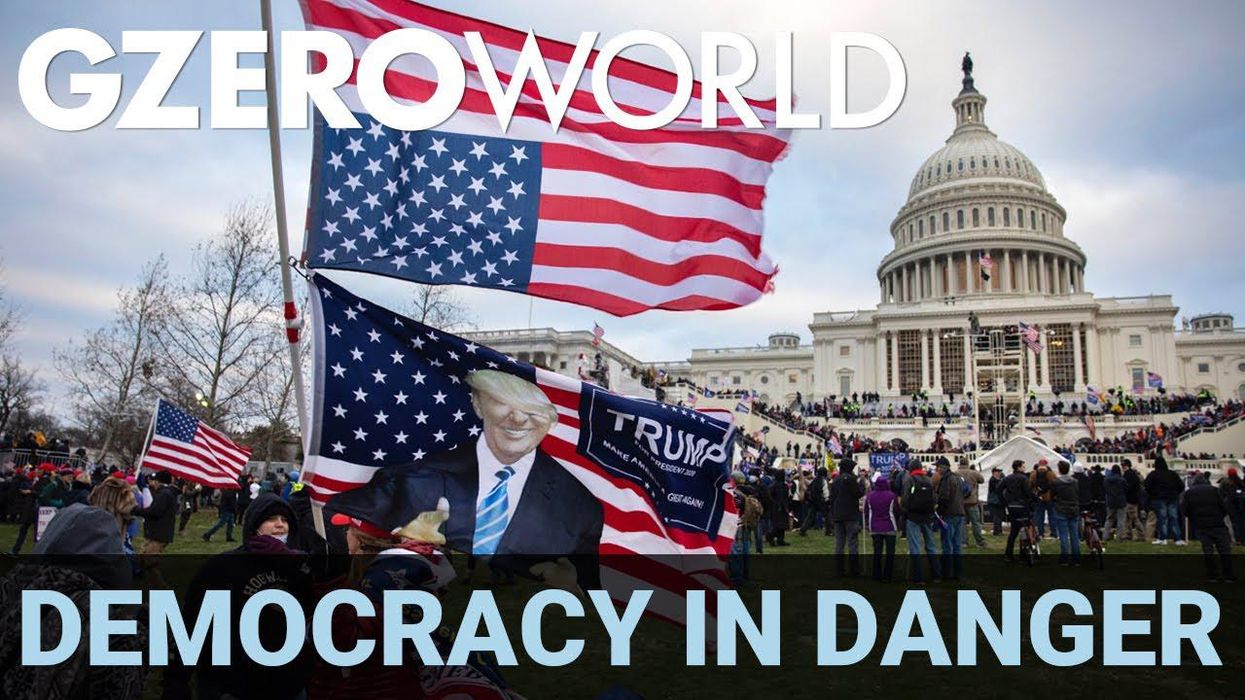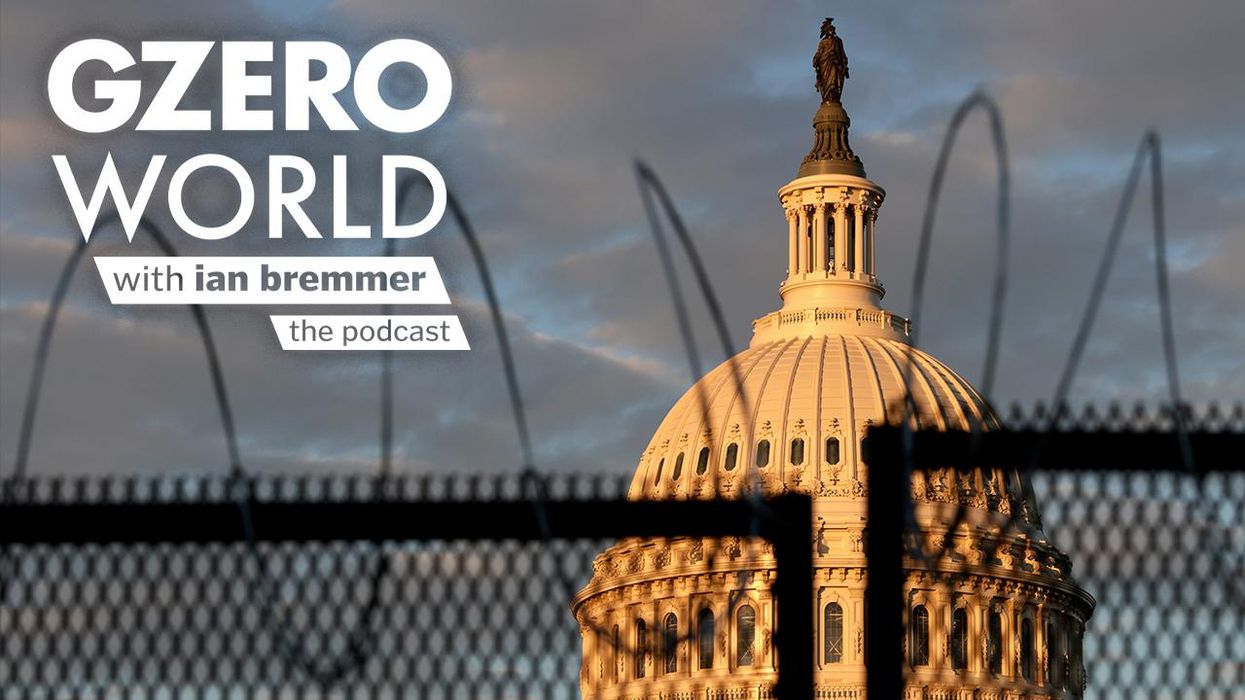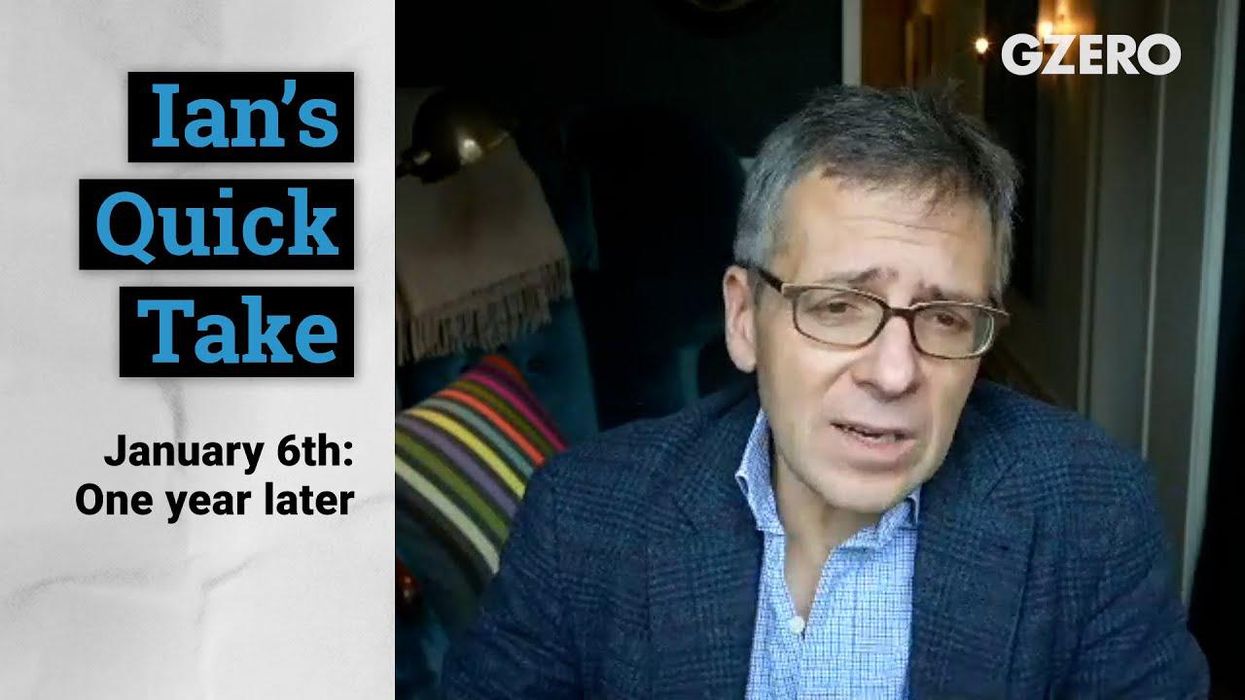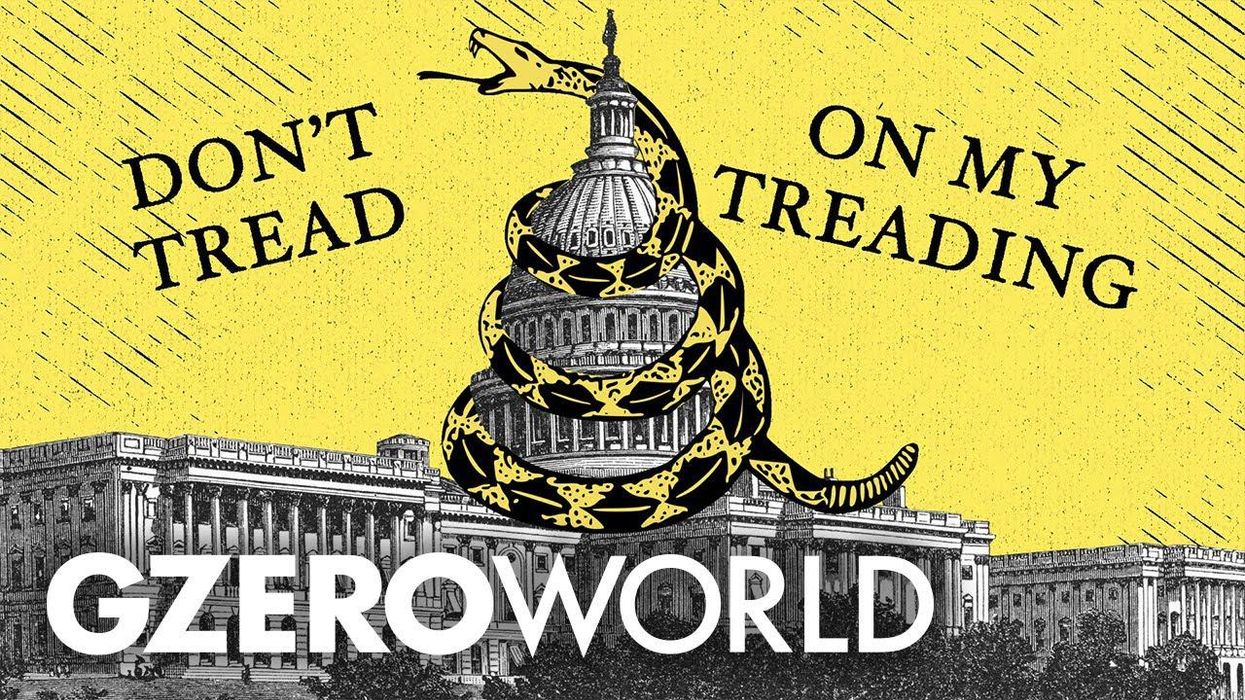GZERO World Clips
An emboldened Putin thrives on American disunity
Political polarization in the US isn’t just a problem within the country, points out former US national security official Fiona Hill. Deep divisions, she says, actually make America look weaker on the global stage — particularly to someone like Russia’s president Vladimir Putin. “Putin loves our disunity," Russian expert Hill tells Ian Bremmer. "It's incredibly useful as a tool to exploit in that toolkit that he has.”
Jan 14, 2022






